“A word after a word after a word is power.” Margaret Atwood tells us. “You cannot build joy on a feeling of self-loathing.” teaches Ram Dass. “The words you speak become the house you live in.” writes the poet Hafiz. All three offer the wisdom that how we speak to and about ourselves influences the ways we show up in the world and engage with others. Language helps us to make meaning of our experiences. When the stories we tell about ourselves are full of demeaning, unkind, and unsympathetic words and phrases, it increases our stress levels, makes it more difficult for us to be kind and compassionate to others, and over time, significantly decreases our motivation to actually make positive changes in our lives (Neff, 2011).
Self-Compassion? Is it REALLY Necessary?
We all encounter uncomfortable spaces, personal and professional challenges, and emotionally shattering situations that stretch the limits of who we are, where we’re going, what we look like afterward. Even with perseverance, the positive self-image, and self-talk that once characterized our being may be distorted or nonexistent. As we begin to put the pieces of ourselves back into place, self-compassion is necessary to accept our present selves and transition to the person we desire to be. How can we begin to show ourselves compassion both consistently and effectively? How does this practice establish the foundation for healthy, caring relationships with others in our world?
Is There a Path to Healing and Wholeness Following an Unhealthy Partnership?
Many of us either have or will, unfortunately, experience unhealthy partnerships in our lifetimes. Research studies have showcased that 33% of young adults are likely to experience an abusive or unhealthy relationship (Davis, 2008), and up to 80% of individuals nationwide ultimately encounter emotional abuse in a personal relationship (Carney & Barner, 2012). Unhealthy connections cannot only lead to serious short and long-term complications physically (I.e., heart disease, headaches, eating disorders), mentally (i.e., anxiety, depression), and emotionally (i.e., low self-esteem, self-worth, social withdrawal) but show up in multiple arenas amongst friends, family, coworkers, bosses, and romantic couples.
Putting the Healing Pieces Together
Past Is Prologue: Learning to Understand Generational Trauma
Growing up as a Jew, I was introduced to the idea of generational trauma long before I ever heard the term or really understood what it meant. From a relatively young age, I was educated about the unimaginable horrors of the Holocaust. I knew our ancestors had been subjected to oppression for millennia, but the Holocaust—that was a cataclysmic event my parents’ and grandparents’ generation had witnessed. This collective trauma—what Jews call the Shoah, the Hebrew word for “catastrophe”—was something we all carried, and we were taught that our vigilance was the price we paid to live out the promise of two simple words: “Never again.”
Healing and Growing Through Life's Journey
According to Cambridge Dictionary, healing is the process by which a bad situation or painful emotion either ends or improves (Cambridge dictionary: Find definitions, meanings & translations 2022). Growth, according to the APA Dictionary of Psychology, is a series of physical changes that occur from conception through maturity (APA Dictionary of Psychology 2022).
Reflecting and Releasing - Healing and Growing
As we prepare to finish the chapter of this year known as “2022”, we may take time to reflect on what this year has meant. What skills did we gain, or forget? What experiences shaped us, or place us in a point of stagnation? What people stayed, or departed from our lives? Overall, these are questions that we sometimes neglect to review throughout the year until we think of goals for the following year. It is my opinion that part of our goal-building is set in our beliefs of how we have healed or grown throughout the current year. I make a distinction between the two because there is a difference between them.
My SuperSHEro
The Processing Process
I spent a number of years “collecting data” on how to live. Figuring most things out by trial and error. Making my way the best way I knew how...barely. As I started to get more deliberate about my healing journey and try new things, processes and techniques began to show up and many have proven to be effective in bringing forth clarity and optimizing healing.











